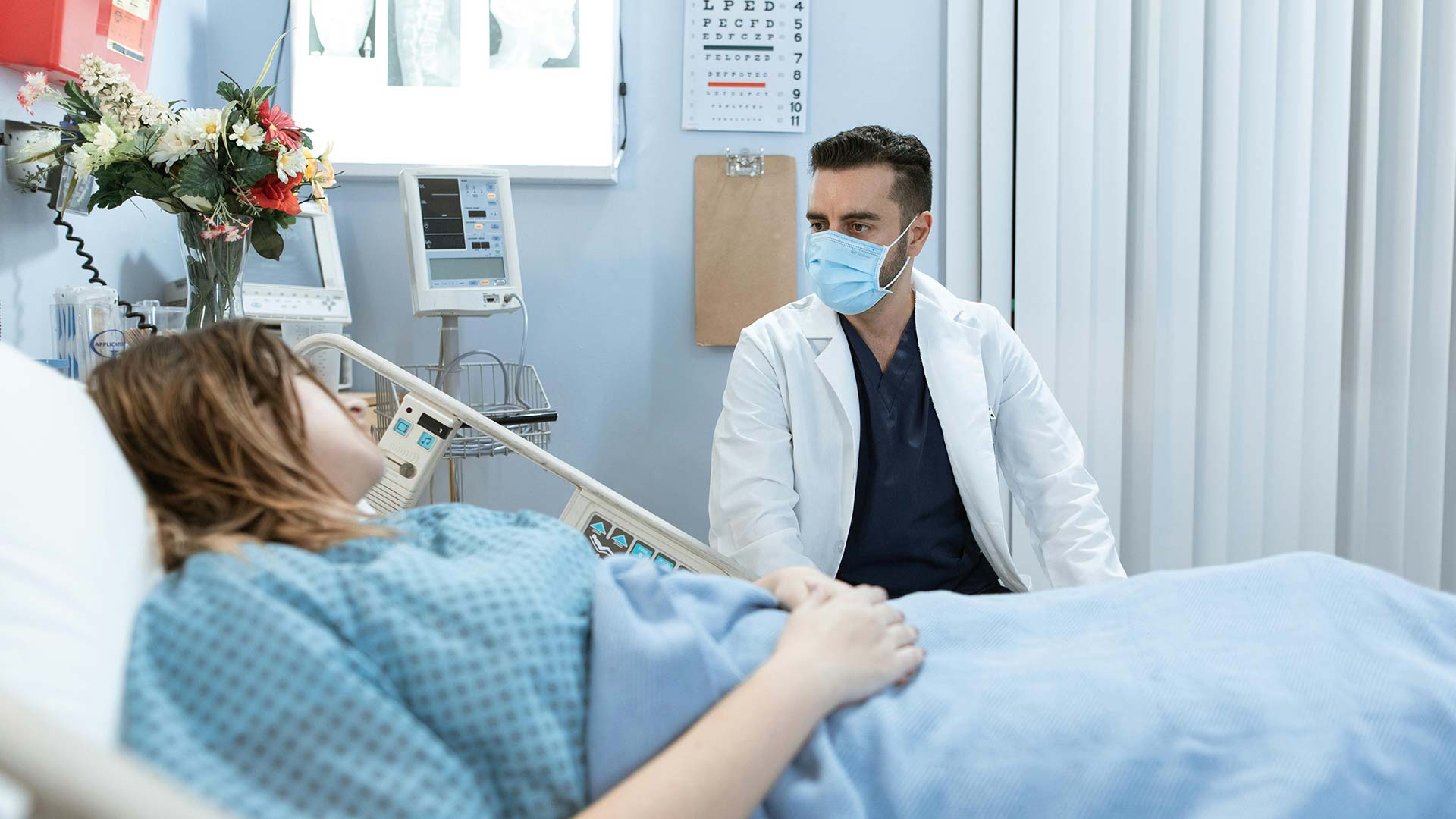Recent research has found a sharp rise in gabapentin misuse, with prescriptions increasing by nearly 40%. This growth has also raised concerns about the risk of addiction. As more people are affected, the demand for safe and effective treatment options continues to grow.
Today, healthcare providers are exploring several approaches to address gabapentin addiction, from behavioral therapies to medical support. Understanding these options can help individuals and families navigate the recovery process with greater confidence and clarity.






